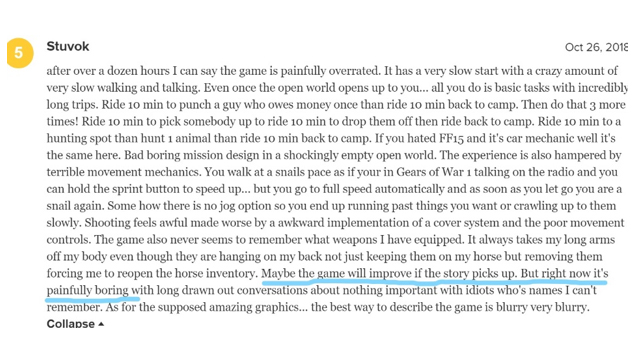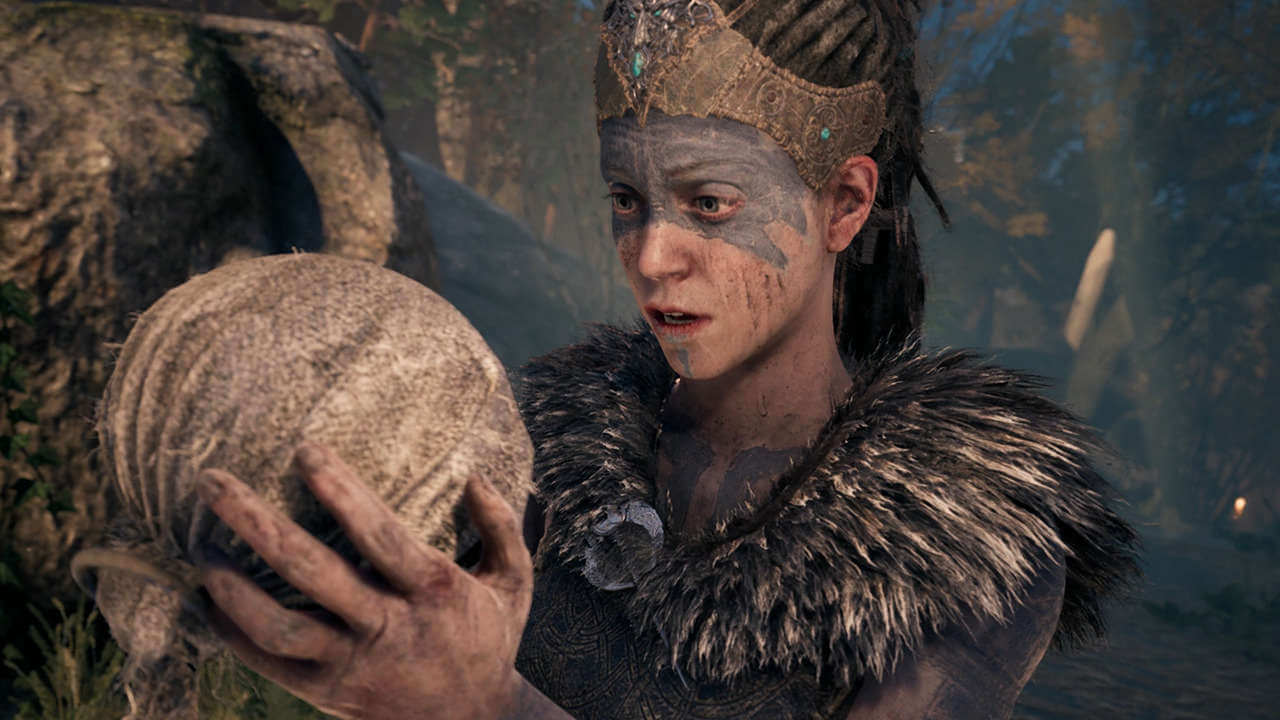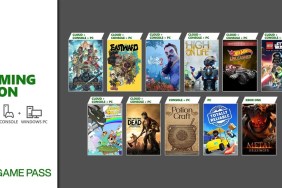Red Dead Redemption 2 currently sits at a 97 Metascore with a 7.6 user average. Why such a noticeable divide? While precise criticisms vary from person to person, the following excerpt from a Metacritic user’s review sums up one of the more common complaints I’ve seen. “Maybe the game will improve if the story picks up. But right now it’s painfully boring”:

This article isn’t a defense of Red Dead Redemption 2, specifically, because I haven’t played it yet. Rather, this article serves to highlight the erroneous use of the word “boring” as a descriptor for a game’s quality. Contrary to popular belief, not all games are designed to be fun. The idea that being fun is a game’s singular purpose stems from the days when home consoles were still a novelty. Technology was so primitive to the point that the Magnavox Odyssey, the first home video game console, could barely render graphics. Each game was essentially a modified version of pong with every visual element aside from the ball and paddles represented by an overlay you’d place on your television screen.
With such an archaic toolset, even if developers wanted to, they couldn’t possibly craft emotionally engaging experiences. Early technical restraints restricted the medium’s potential. Fortunately, technology has improved at a dramatic rate in the 46 years since the Magnavox Odyssey’s launch.

Better tech signifies more options for the narratively and artistically inclined folk. Something like Hellblade: Senua’s Sacrifice couldn’t have existed 15 years ago. Is it fair to make the assertion that walking simulators like What Remains of Edith Finch must be fun? Did Giant Sparrow conceive of this deeply personal narrative about coming to terms with death so that players could have fun? No, it’s about making players reflect on their own livelihood, searching for optimism in the darkest places.
While What Remains of Edith Finch may not be fun to play, it will stick with me far longer than games like Sonic Mania Plus or Titanfall 2 precisely because of its uncompromising nature. The game could have chosen to incorporate puzzles or obstacles to reflect a more gamey experience, similar in nature to The Unfinished Swan, but that wasn’t the point.
The Unfinished Swan told a fantastically whimsical story about a young boy engulfed in imagination. The more abstract, gamey environments with traditional puzzle/gameplay elements fed into that vision. What Remains of Edith Finch is a more intimate narrative about loss. Making it more fun to play would have obfuscated the point and diluted its message. How can you reinforce its narrative when “fun” gameplay sequences constantly get in the way of the story’s pacing?
Games shouldn’t face condemnation for being “boring.” What is boring to one person may be fun to another. While that statement holds true of all opinions, the words “fun” and “boring” are inherently more subjective than just about any other words in the English language. Limiting critical praise to only games that aim to be fun also contributes to a sense of gate-keeping. By sticking to a rigid classification of what games should and shouldn’t be, you’re cutting off a huge swath of the medium’s creative potential. What is the harm in consumer choice?

We can have our big, dumb triple-A shooters like Battlefield and Call of Duty. We can have our silly, self-aware action games like Devil May Cry and Bayonetta. Hell, we can even have absurdly video-games as hell products like Yakuza, but you know what else we can have? Games created for purposes other than entertaining players. Some games want to say something. Some games want to elicit strong emotional responses. Others want to inform people of relevant political, cultural, or societal issues facing us every day.
Regardless, games should be judged by their intent and how well they achieve that. Would you judge a movie like Superbad by the same standards you’d use to judge 2001: A Space Odyssey? Would you judge Bad Boys using the same criteria as Gone With The Wind or Casablanca? Of course not. Why, then, judge all games as if they belong under the same wing?
I’d never discredit Devil May Cry 3 for not having the best storytelling because it does what it aims to do incredibly well; provide well-designed combat encounters with interesting enemies that test the player’s skill and pushes him/her to experiment with its mechanics on a deeper level. It is an action game with a high skill ceiling and its design reinforces that. On the other end, we have Hellblade, an action game with an entirely different focus. While Hellblade’s combat is far from bad, it isn’t as skill-based or flexible as Devil May Cry 3, 4, or just about anything Platinum Games puts out.

Hellblade isn’t fun. At times, I’d even call it a war of attrition. The constant repetition of its symbol-matching puzzles along with the sound design combines to create an uphill battle. If I’m not rolling my eyes at yet another symbol puzzle, I’m being beaten down by the constant voices ringing through Senua’s head. Their insults, lies, and unsettling inflections make getting through the game discouraging, but that’s the point.
Hellblade proudly broadcasts its advocacy for mental health awareness. No one aside from the afflicted can truly understand what it’s like to suffer from mental illness. Describing it doesn’t do enough to reflect how difficult it is to live with. Hellblade understands that and tries its best to make the player connect with Senua’s mental state. Feeling what Senua feels and opening people’s eyes to mental illness is the point. Even the eye-roll inducing symbol puzzles reflect that. Hallucinations and delusions, two of the characteristics associated with psychosis, can come in the form of seeing objects that aren’t there or believing insignificant shapes/objects hold some special meaning. It’s a case of brilliant contextualization through game mechanics, but because it’s not fun to play, should I not recommend it to others?
Red Dead Redemption 2 and other games described as “boring” aren’t for everybody, but they exist for a reason and understanding their purpose brings us closer to interesting, stimulating conversations. If you think a game is boring, that description alone doesn’t help a reader make a more informed decision as to whether they want to spend the money it. Being “boring” isn’t necessarily always bad.











